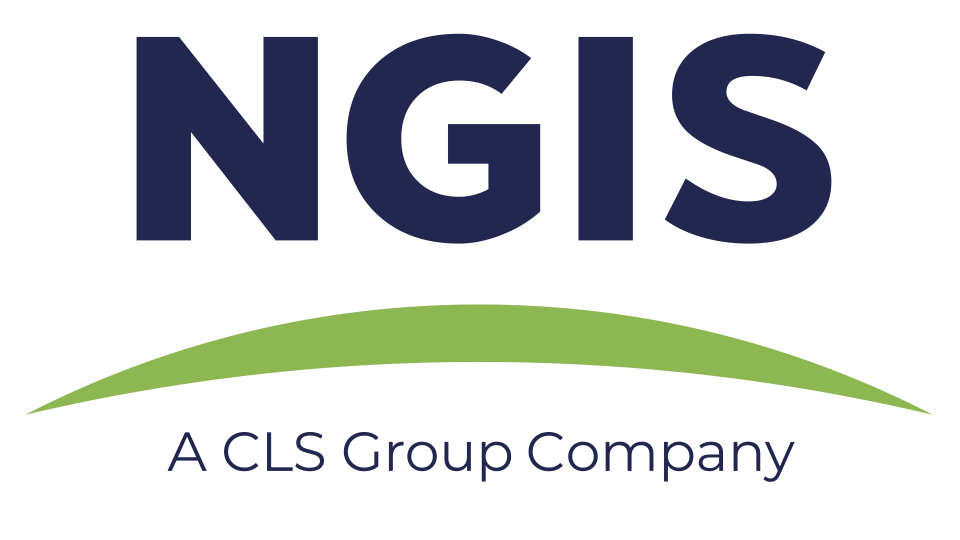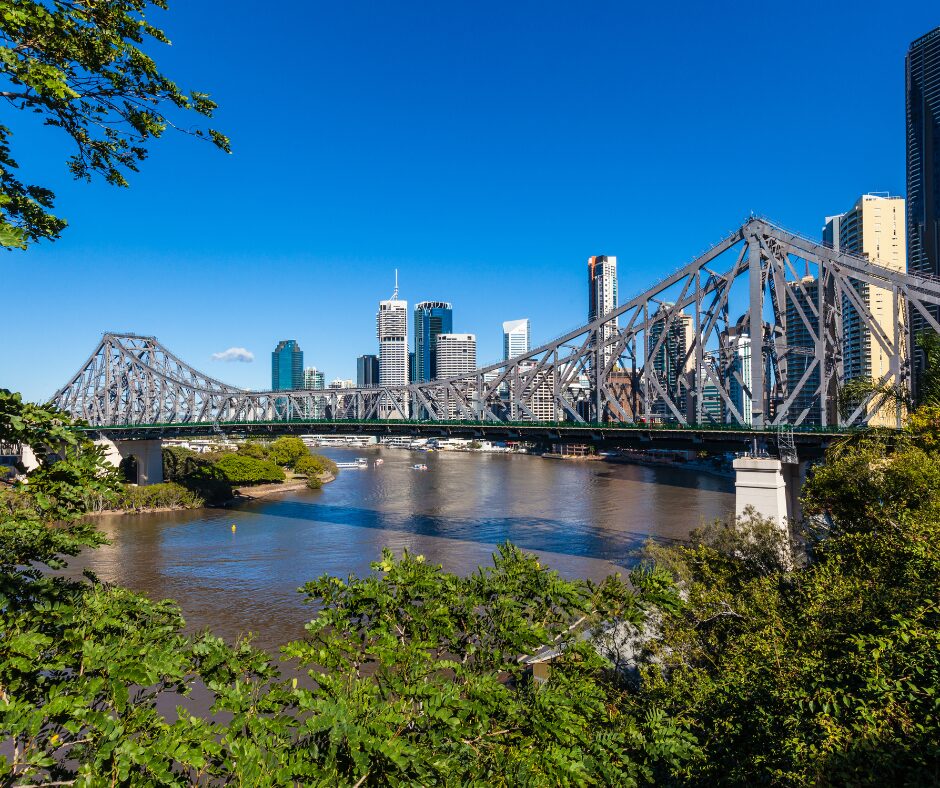What is greenwashing and how to avoid it for your business
Greenwashing is a marketing tactic used by companies to make their products or services appear more environmentally friendly than they actually are. It involves making false or exaggerated claims about the environmental benefits of a product or service in order to appeal to consumers who are concerned about the environment.
Greenwashing can take many forms, such as using vague or misleading language, using images of nature or greenery in advertising, or making claims that are difficult to verify. For example, a company might claim that its product is “100% natural” even though it contains synthetic chemicals, or it might advertise a product as “eco-friendly” even though it has a large carbon footprint.
The practice of greenwashing can be harmful because it can mislead consumers into thinking they are making environmentally responsible choices when they are not. It can also undermine the efforts of genuinely environmentally responsible companies by making it more difficult for consumers to distinguish between true eco-friendly products and those that are merely pretending to be.
ACCC steps up pressure against greenwashing
Australian Competition and Consumer Commission (ACCC) is stepping up the pressure against greenwashing after an alarming survey found that more than half of the businesses in the study made misleading statements ranging from overstating climate action to developing their own certification schemes.1 The survey included 247 businesses/brands across eight sectors, with cosmetic, clothing and footwear and food and drink industries having the highest proportion of environmental claims.
With companies already being fined for incidents of greenwashing, it is important to understand what it is and how to ensure you do not misrepresent your offering and avoid being fined.
1.https://www.accc.gov.au/system/files/Greenwashing%20by%20businesses%20in%20Australia.pdf
How NGIS can help your company avoid greenwashing
NGIS has developed a sustainable sourcing solution called TraceMark. This solution can help combat greenwashing practices by providing accurate and reliable information about the environmental impact of products throughout their entire lifecycle. TraceMark uses geospatial data to track and monitor the supply chain product, from raw material extraction to manufacture and distribution.
TraceMark can ensure companies are providing the correct information to consumers about their environmental impact. By having access to this data, companies can make more informed decisions about their sourcing and production practices, and consumers can make more informed choices about the products they buy. NGIS can customise data to the clients specifications on one central dashboard.
For more information on how NGIS can help your business? Click here.
Related Articles
Here are more related articles you may be interested in.








